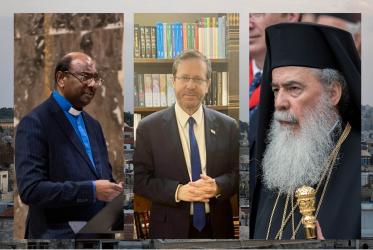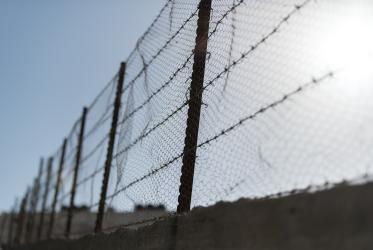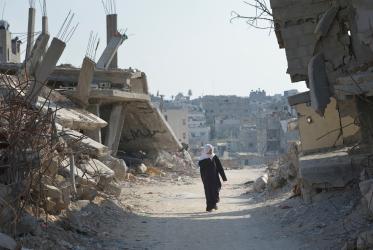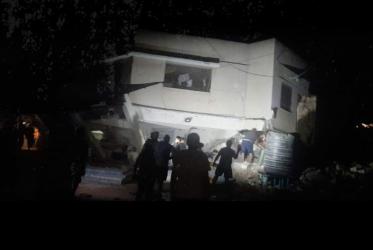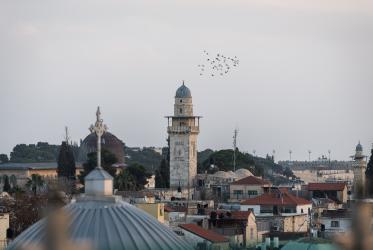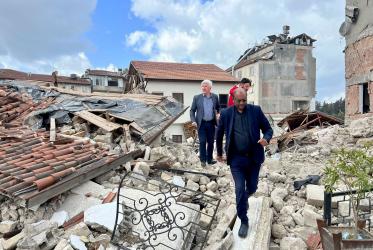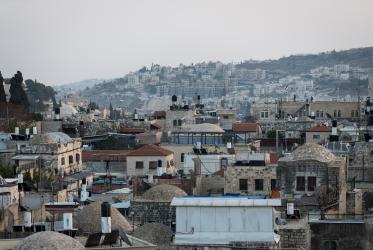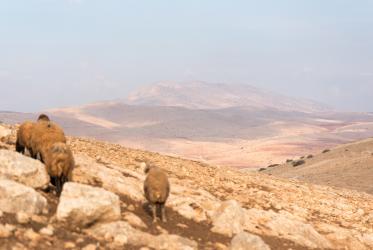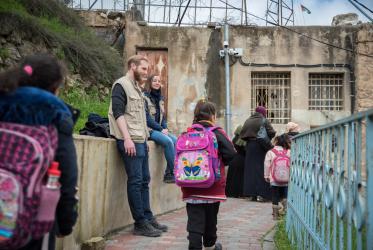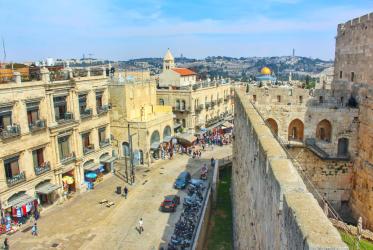Dr Jad Issac tends to think in numbers. When it comes to the land in the West Bank on the outskirts of Jerusalem and the Jordan Valley—known simply as E1— Issac is weighing a stark figure: a loss of $2 billion a year for Palestinians versus the ability to net the same amount of revenue, pay off debts, and, in turn, help poorer countries. The astronomical figure amounts to lost tourism opportunities due to the lack of access to E1, Jordan Valley, and the Dead Sea—as per the Economic Cost of the Occupation Study done by the Applied Research Institute of Jerusalem.
13 March 2023

